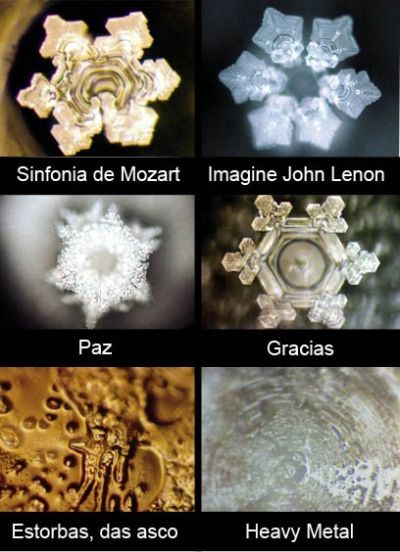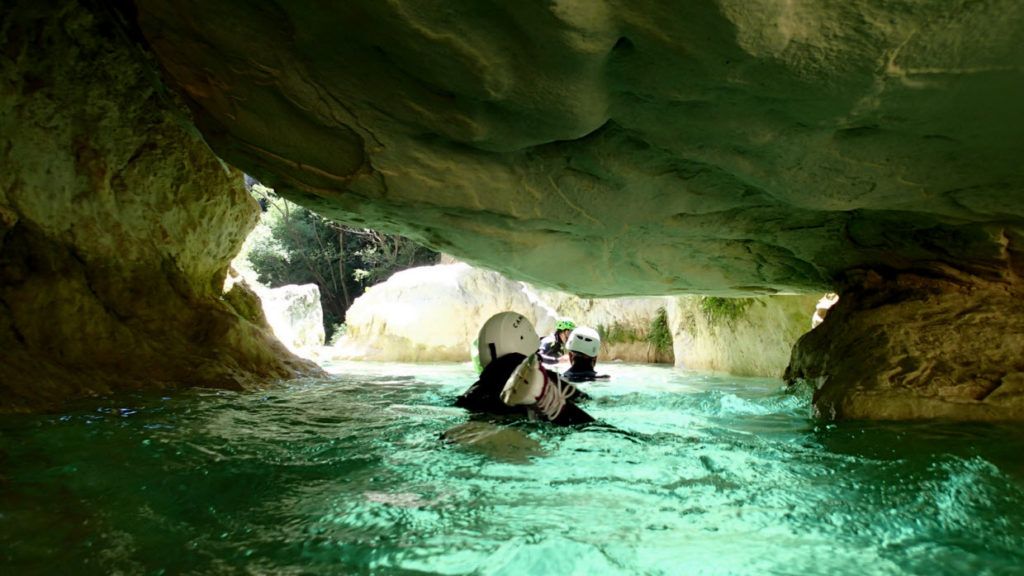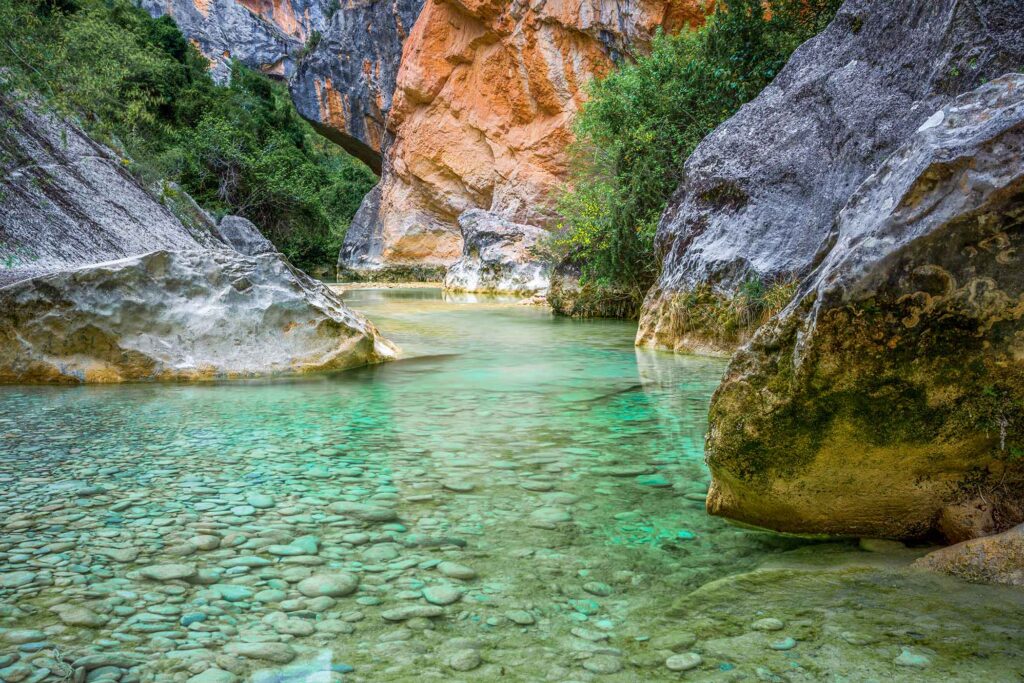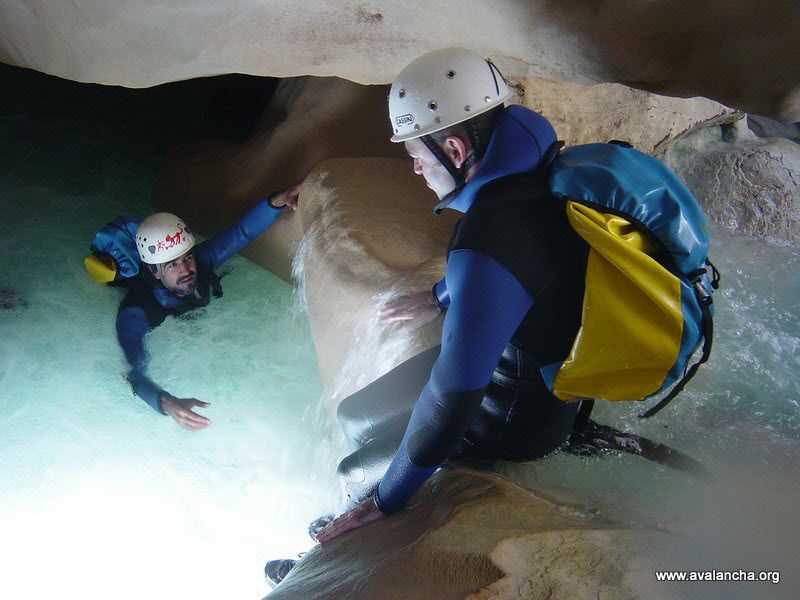Water is an essential element for life, but beyond its biological function, there are theories that suggest that it could have surprising properties, such as the ability to retain information from its environment. This hypothesis, known as the memory of water, has generated both fascination and skepticism in the scientific community. In this article, we’ll explore how water influences our well-being and its connection to outdoor activities, such as canyoning and other water adventures.
What is Water Memory and How Does It Work?
The concept of water memory was popularized by Japanese researcher Masaru Emoto, who claimed that water can record vibrations of emotions and thoughts. According to their experiments, water molecules change their structure when exposed to human words, music, or even intentions. Although his studies have been controversial and do not have conclusive scientific support, his work has inspired many people to reflect on the relationship between water and human energy.
Masaru Emoto’s Water Experiment
In his experiments, Emoto exposed water samples to different words and emotions before freezing them and photographing their crystals with a microscope. He argued that samples exposed to positive words such as “love” and “gratitude” formed harmonious and beautiful crystals, while those exposed to negative words such as “hate” and “fear” showed chaotic and deformed structures. Although Emoto’s methodology has been criticized by the scientific community, his experiments have permeated the popular imagination, influencing disciplines such as alternative medicine and emotional well-being.
The Connection Between Water and Our Emotions in Natural Settings
Regardless of the scientific validity of water memory, the truth is that interaction with water in its natural state generates positive sensations in our body and mind. The sound of a waterfall, the flow of a river, or the simple contact with cold water can induce states of calm, reducing stress and improving mood.
From a scientific approach, studies have shown that natural spaces with water, known as blue spaces, are linked to a greater sense of well-being. The practice of water sports, such as canyoning in Alquezar, rafting or kayaking, enhances this effect by combining immersion in nature with physical activity, releasing endorphins and promoting connection with the environment.
The Impact of Water on Wellness During Adventure Activities
When we practice activities like canyoning, we not only challenge our body, but we also experience a unique connection with water in its purest form. This activity, which combines climbing, jumping, and waterfall descents, forces us to be present, concentrated, and aligned with the natural rhythm of the water.
Some of the benefits of contact with water in these activities include:
-
Stress reduction: Exposure to water helps reduce levels of cortisol, the stress hormone.
-
Increased energy and vitality: The temperature of cold water in natural environments stimulates blood circulation and improves oxygenation of the body.
-
Increased concentration and focus: Overcoming natural obstacles in rivers and waterfalls requires mindfulness, which improves the ability to concentrate and make decisions.
Masaru Emoto Nobel Prize?
There is a widespread belief that Masaru Emoto was awarded the Nobel Prize, but this is a myth. Emoto was never nominated or recognized by the Swedish Academy, as his work has not been validated by the scientific community. However, its influence has transcended academia and inspired many people to see water from a more spiritual and energetic perspective.
How to Take Advantage of the Benefits of Water in Your Canyoning Experiences?
If you want to experience the connection with water in a more conscious way, here are some recommendations:
-
Tune in to the surroundings: Before starting your activity, take a few minutes to observe the river, listen to its sound and feel the temperature of the water.
-
Practice mindful breathing: When immersing yourself in cold waters, take deep breaths to relax and better enjoy the experience.
-
Take a break to hydrate and reflect: Take advantage of contact with water to cool off and connect with the energy of the environment.
Beyond the theory of water memory, nature offers us transformative experiences when we immerse ourselves in its rivers and waterfalls. Activities such as canyoning not only challenge our body, but also allow us to connect with the force of water and its benefits for the mind and spirit. Dare to live this experience and discover for yourself the energy of water in its purest state!





